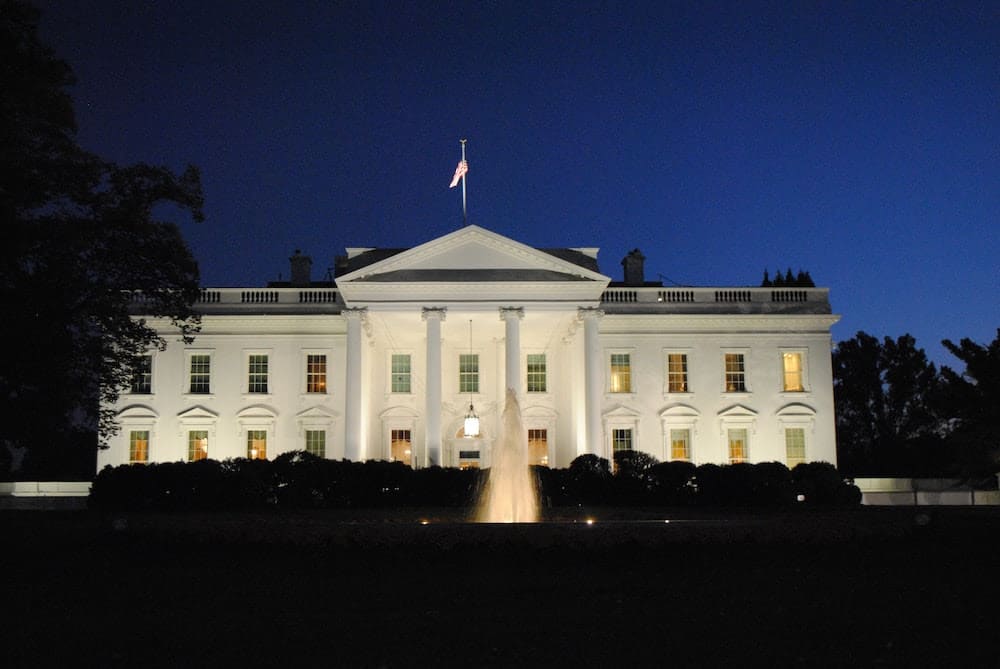
Joe Biden, who has to deal with record inflation undermining his popularity, promised on Thursday 31 March to “relieve households” who are paying more and more at the pump, by drawing heavily on the country’s reserves.
The American president also attacked the oil companies, which he accused in a speech of “getting rich” at the expense of motorists and accumulating profits instead of investing in production. Joe Biden ordered an unprecedented six-month drawdown of one million barrels a day from the U.S. strategic petroleum reserve.
This action to propose this record dumping of American black gold was already lowering prices on Thursday 31 March in London as well as in New York. The President estimated that as a result of his decision, the price of gasoline “could drop quite significantly”, from 10 to 35 cents per gallon. The price at the pump in the United States, which has surpassed its peak in 2008, is now well above $4 per gallon.
Joe Biden, who has been criticized by the Republican opposition for crippling the U.S. oil business, also promises to “do everything (she) can” to encourage extraction.
The American president did not spare his criticism on Thursday 31 March against oil companies that “sit on their record profits” instead of investing and producing more.
The philosophy of strengthening American energy independence, the president will invoke the “Defense Production Act”, a text inherited from the Cold War that allows him to make economic decisions by decree, to encourage the development of green energy.
Looking at the latest inflation indicator in the United States, the PCE index released Thursday, March 31 by the Commerce Department, consumer prices continued to climb in March in the United States, increasing by 6.4% over one year and 0.6% over one month.
With the mid-term congressional elections coming up, the White House has made the fight against this price spike, unseen since the 1980s, one of its priorities. Drawing further on strategic reserves may help, but “the market is currently flooded with news that prices are moving up or down,” said John Kilduff.
The main players, including thirteen members of the Organization of the Petroleum Exporting Countries (OPEC), led by Riyadh, and their ten allies (OPEC+), agreed on Thursday 31 March to open their black gold valves again, but very modestly: around 432,000 barrels per day for the month of May.
The international community had however multiplied the calls for them to pump more cheerfully. On March 7, oil reached its historic highs reached during the 2008 financial crisis, exceeding 130 USD per barrel before falling back to between 100 and 110 USD at present.




